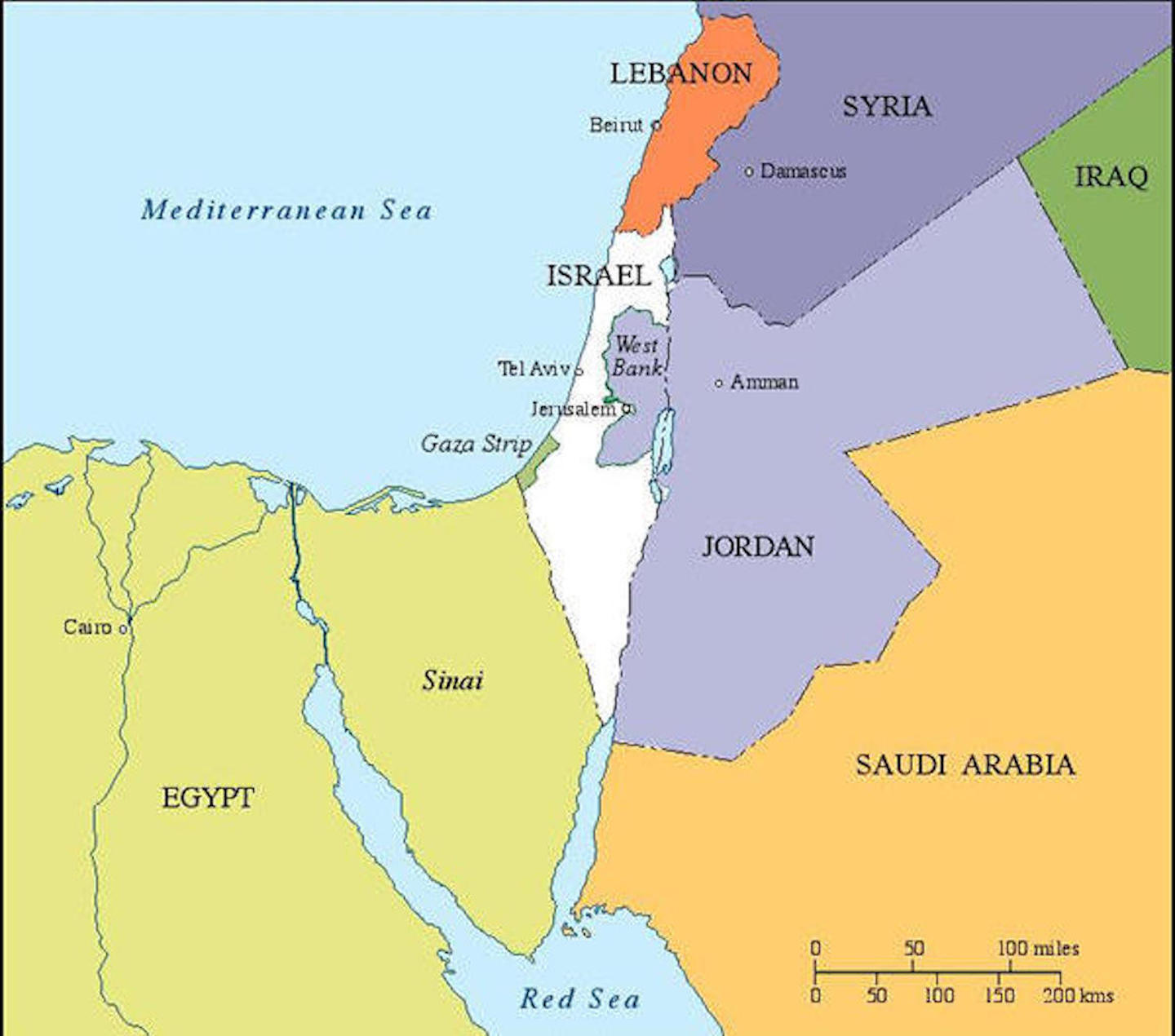Current Time in Israel: Israel Time Right Now

Welcome to the land of sunshine, hummus, and ancient history! Time in Israel is a bit different than what you might be used to, so let’s dive in and explore the ins and outs of how time is measured here.
Israel Standard Time
Israel Standard Time (IST) is the official time zone used in Israel. It is three hours ahead of Coordinated Universal Time (UTC), which is the international standard time. This means that when it is 12:00 PM UTC, it is 3:00 PM IST in Israel.
Difference Between Israel Standard Time and Israel Summer Time
Israel has a system of daylight saving time called Israel Summer Time (IST). During the summer months, the clocks are moved forward by one hour. This means that Israel Summer Time (IDT) is four hours ahead of UTC.
Here’s how it works:
- Israel Standard Time (IST): Used during the winter months (typically from late October to late March).
- Israel Summer Time (IDT): Used during the summer months (typically from late March to late October).
Current Date and Time in Israel
The current date and time in Israel is:
- Day: Day of the week
- Date: Current date
- Time: Current time in Israel
Current Time in Major Cities
Here’s a table showing the current time in Israel and other major cities around the world:
| City | Time Zone | Current Time |
|---|---|---|
| Tel Aviv, Israel | IST | Current time in Tel Aviv |
| London, United Kingdom | GMT | Current time in London |
| New York City, USA | EST | Current time in New York City |
| Tokyo, Japan | JST | Current time in Tokyo |
| Sydney, Australia | AEST | Current time in Sydney |
Factors Influencing Time in Israel

Time in Israel is a fascinating blend of geography, history, and contemporary considerations. The country’s unique location and its rich past have shaped its timekeeping practices, resulting in a system that sets it apart from many of its neighbors.
Geographical Location and Time Zone
Israel’s geographical location in the Middle East, straddling the eastern Mediterranean coast, plays a significant role in determining its time zone. The country sits roughly in the middle of the Eastern Hemisphere, with its longitude placing it between 34° and 36° east. This location means that Israel experiences daylight hours that align with those of other countries in the region, such as Egypt, Jordan, and Lebanon. As a result, Israel operates on a time zone that is two hours ahead of Coordinated Universal Time (UTC), known as Israel Standard Time (IST).
Historical Context of Timekeeping
The history of timekeeping in Israel dates back centuries. Before the establishment of the modern state of Israel in 1948, the region was under various empires and regimes, each with its own timekeeping practices. During the Ottoman Empire, for instance, the region followed the time zone of Istanbul, which was based on the local solar time. This system remained in place until the British Mandate for Palestine, when the time zone was shifted to UTC+2, aligning with the time zone of neighboring countries. After Israel’s independence, the country retained this time zone, establishing Israel Standard Time (IST) as the official time.
Comparison with Neighboring Countries
Israel’s time zone, UTC+2, is shared by many of its neighboring countries, including Egypt, Jordan, and Lebanon. This shared time zone facilitates trade, communication, and coordination between these nations. However, some neighboring countries, such as Syria, follow a different time zone, UTC+3. This difference in time zones can create challenges for cross-border activities, requiring adjustments for communication and scheduling.
Daylight Saving Time
Israel observes Daylight Saving Time (DST) during the summer months, from the last Friday of March to the last Friday of October. During DST, clocks are moved forward by one hour, resulting in Israel Standard Time (IST) becoming Israel Daylight Time (IDT), UTC+3. This practice aims to maximize daylight hours during the summer months, extending the period of daylight into the evening.
Visual Representation of Israel’s Time Zone
[A visual representation illustrating the relationship between Israel’s time zone and the global time zones is needed here. It should be a world map with Israel highlighted, showing its time zone in relation to other time zones around the globe. This representation can be a simple diagram or a more detailed map, showcasing the relationship between Israel’s time zone and the global time zones. ]
Practical Applications of Knowing Israel’s Time

Knowing the current time in Israel is essential for individuals planning travel or business trips, facilitating seamless communication and collaboration with those in Israel, and ensuring timely participation in meetings, conferences, or events. Understanding the time difference between Israel and other locations is crucial for efficient scheduling and coordination across international borders.
Time Difference Impact on Travel and Business Trips
Knowing the time difference between Israel and your home country is crucial for planning travel and business trips. This understanding allows you to:
- Schedule flights and accommodation effectively, considering the time zone change.
- Plan your itinerary, taking into account the time difference for activities and meetings.
- Adjust your sleep schedule to avoid jet lag and ensure you’re well-rested for your trip.
Time Difference Impact on Communication and Collaboration
Understanding the time difference is vital for effective international communication and collaboration. This awareness enables you to:
- Schedule phone calls and video conferences at times convenient for both parties.
- Respond promptly to emails and messages, considering the time difference.
- Coordinate project deadlines and milestones across different time zones.
Time Difference Impact on Scheduling Meetings, Conferences, and Events
Knowing Israel’s time is essential for scheduling meetings, conferences, or events involving participants from Israel and other countries. This understanding helps you:
- Choose a time suitable for all attendees, considering their time zones.
- Ensure that presentations and discussions occur at appropriate times for everyone involved.
- Avoid scheduling conflicts due to time differences.
Tips and Strategies for Managing Time Across Different Time Zones, Israel time right now
Here are some tips and strategies for effectively managing time across different time zones:
- Use a time zone converter to easily determine the current time in Israel and other locations.
- Set up calendar reminders and notifications for meetings and deadlines, considering time differences.
- Schedule calls and meetings during overlap times, when both parties are awake and available.
- Communicate clearly and proactively about time differences to avoid misunderstandings.
Converting Time Between Israel and Other Locations
To convert time between Israel and other locations, you can use a time zone converter or follow these steps:
- Identify the time zone of Israel, which is Israel Standard Time (IST) or Israel Daylight Time (IDT).
- Determine the time zone of the other location.
- Calculate the difference between the two time zones.
- Add or subtract the difference to the time in Israel to get the time in the other location.
For example, if it’s 10:00 AM in Israel (IST), it’s 4:00 AM in New York City (EST). This is because Israel is 6 hours ahead of New York City.
